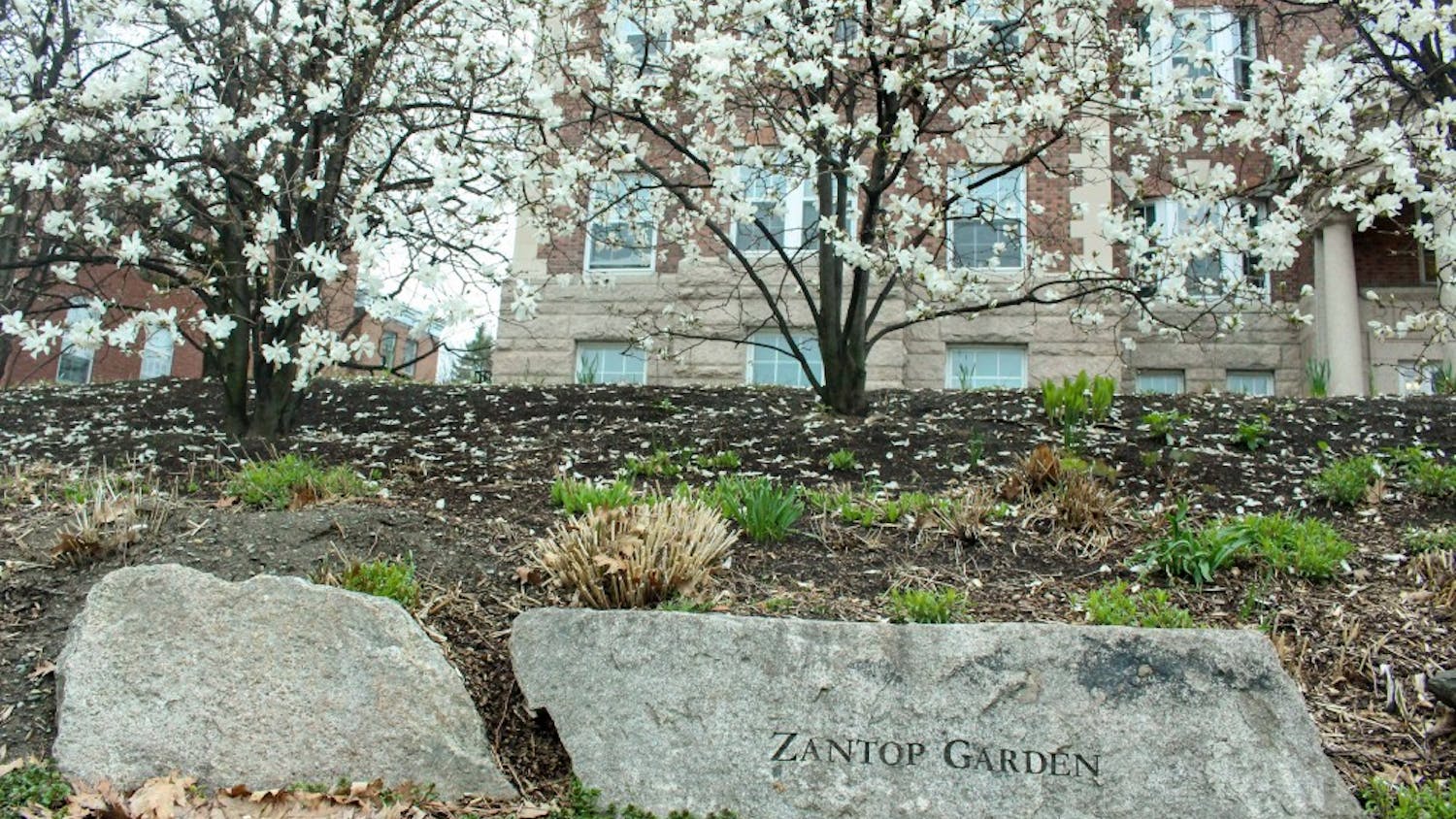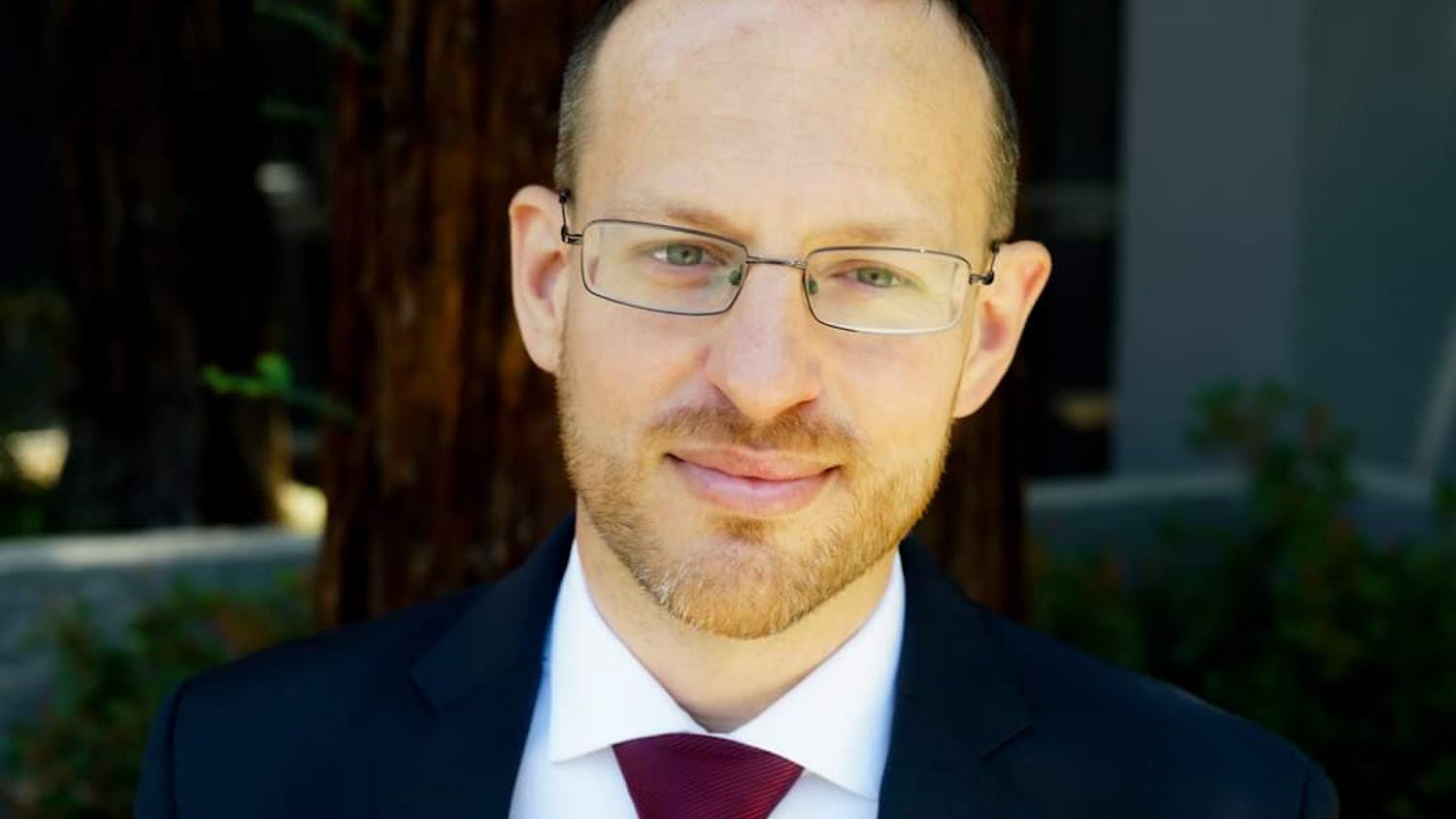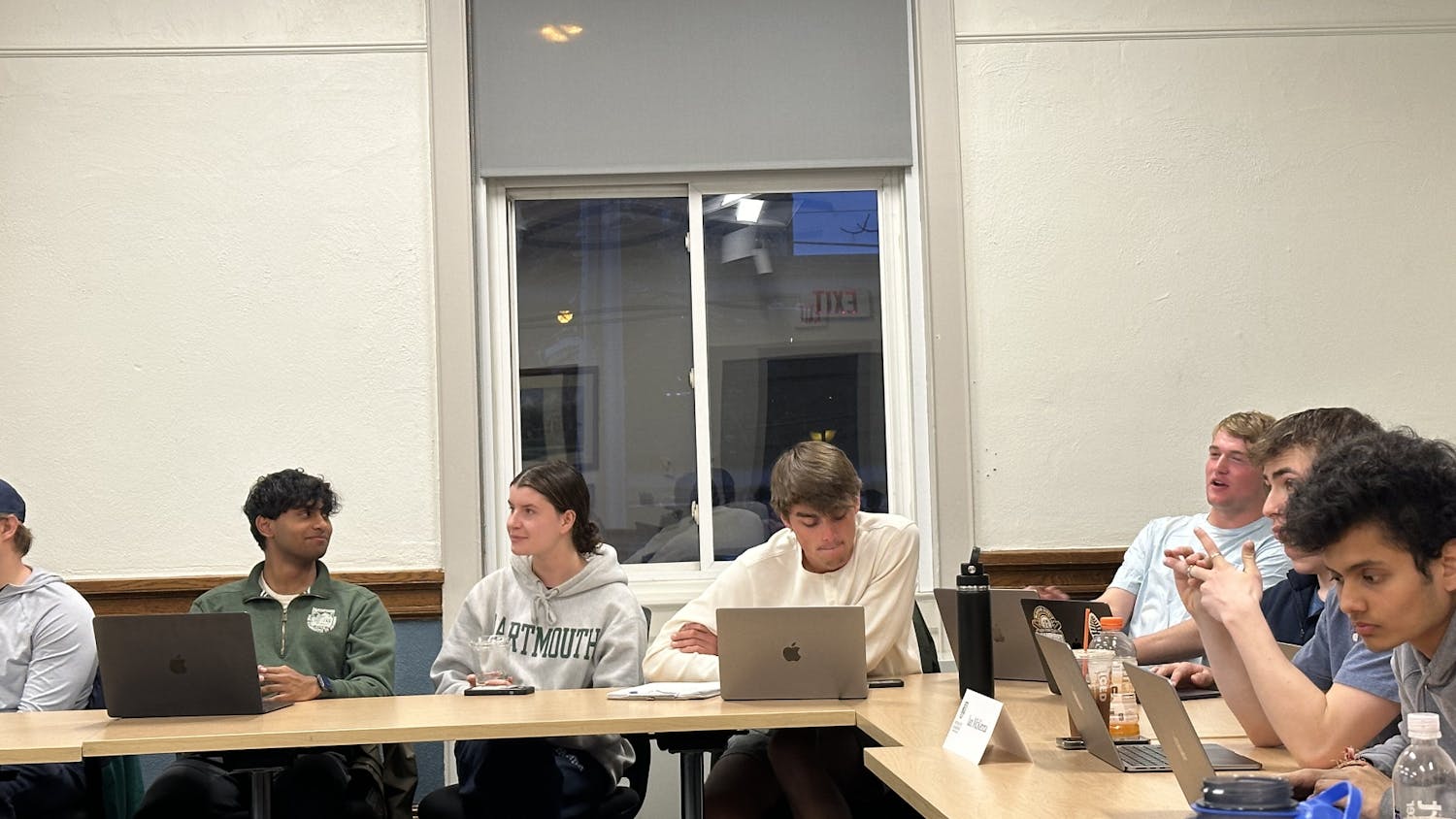Professor Chris Hanscom has been appointed as Dartmouth's Korean studies professor, filling a tenure-track position that had remained vacant since the 2005 departure of professor Suk-Young Kim. Hanscom, who came to campus this Fall, will offer two Korean studies classes during Winter term.
Hanscom's appointment, which is in both the Asian and Middle Eastern Studies and the Asian and Middle Eastern Languages and Literatures departments, was made in 2006, but the appointment was deferred a year while Hanscom completed his post-doctorate degree at Harvard University.
Before Kim's one-year stay in the position, Korean studies courses were taught by visiting professors and professor David Kang of the government department. Kang will also co-teach the Korean culture course offered this Winter.
"It's been something that people have been working to get for a long time," said Korean Student Association executive Aimee Moon '09, adding that she wished the appointment had been made earlier in her college career.
In 1999, when the College began to explore building its Korean studies department, the consensus was to build the program by employing visiting professors in Korean literature and culture as opposed to building the language program first, a move supported by Edward Hughes, the dean of faculty at the time.
Hanscom's appointment, though tenure-track, follows this emphasis on literature and culture. Hanscom will offer AMES 11: Introduction to Korean Culture and AMEL 63: Introduction to Korean Film this winter. He stressed that none of the courses will require a knowledge of Korean or familiarity with Korea.
"I think it'll be really cool to learn about a different culture and meet people from that region [during the proposed exchange program]," said Chance Robbins '11, who has a good friend from Korea and is interested in taking the introduction to film class.
Planning is underway for an exchange program with Underwood International College, part of Yonsei University located in Seoul. Classes at the College are conducted entirely in English.
The project, which is coordinated by Hanscom, is currently in the negotiation stage and will not be finalized at least until Fall 2009.
Kang, who led the search for tenure-track professors in Korean studies, said he feels that the first priority for Hanscom is to "do his research, his teaching and for him to get tenure."
"Building the Korean Studies department is a distant second priority," Kang said.
Kang explained that he has known professors who were appointed to a new department and committed themselves to building programs and events for the department, at the cost of furthering their scholarship.
"Then, after six years, the university says thank you, see you later," Kang said.
Hanscom said that he agrees with Kang's assessment of his priorities.
"It's true -- I really like the department and would like to stay," said Hanscom, adding that there is always a balance to be made between research and teaching.
Now is a particularly apt time to build a Korean studies program, Hanscom said, as many classic works have recently been translated into English for the first time.
Kang noted that, in his opinion, Dartmouth has done more in the last decade to further a Korean Studies program than its peer institutions. For example, Hanscom's position at the College is internally funded, in contrast to at most of the College's peer institutions, where professorships are often funded by external grants and societies.
This term, Hanscom is working to build a more comprehensive collection of Korean literature and film at Baker-Berry Library in preparation for his courses.
On Nov. 14, about 40 people attended a dinner with Professor Hanscom in a lounge of Fahey residence hall. Hanscom spoke about why he went into Korean studies and what courses he plans to offer at the College.
Hanscom also asked the gathered students what is acceptable in terms of violence in a typical course, since Korean film is known to contain violent scenes.
"An eyeball being sliced open is a good level to set," Hanscom remarked, after a student noted seeing that image in a film shown in another class.



